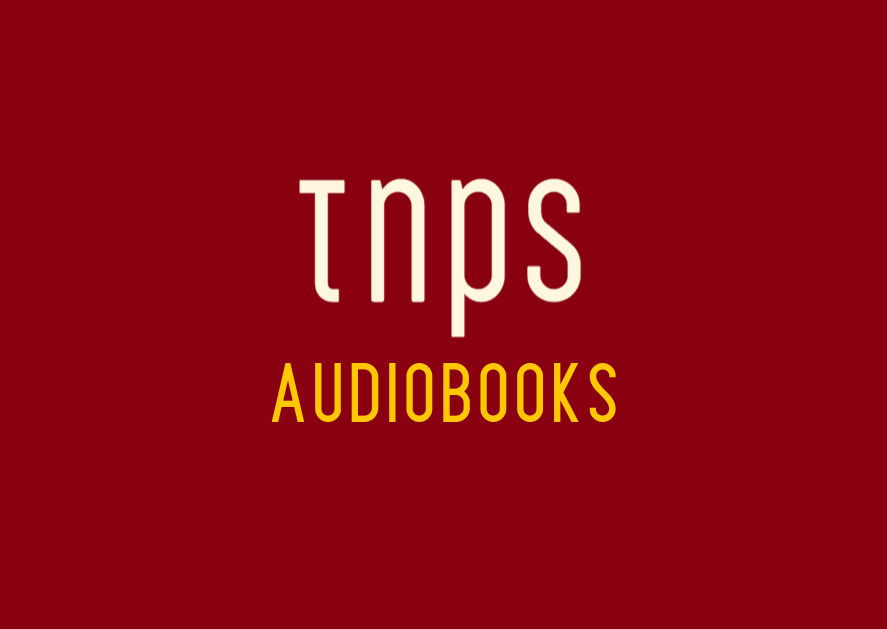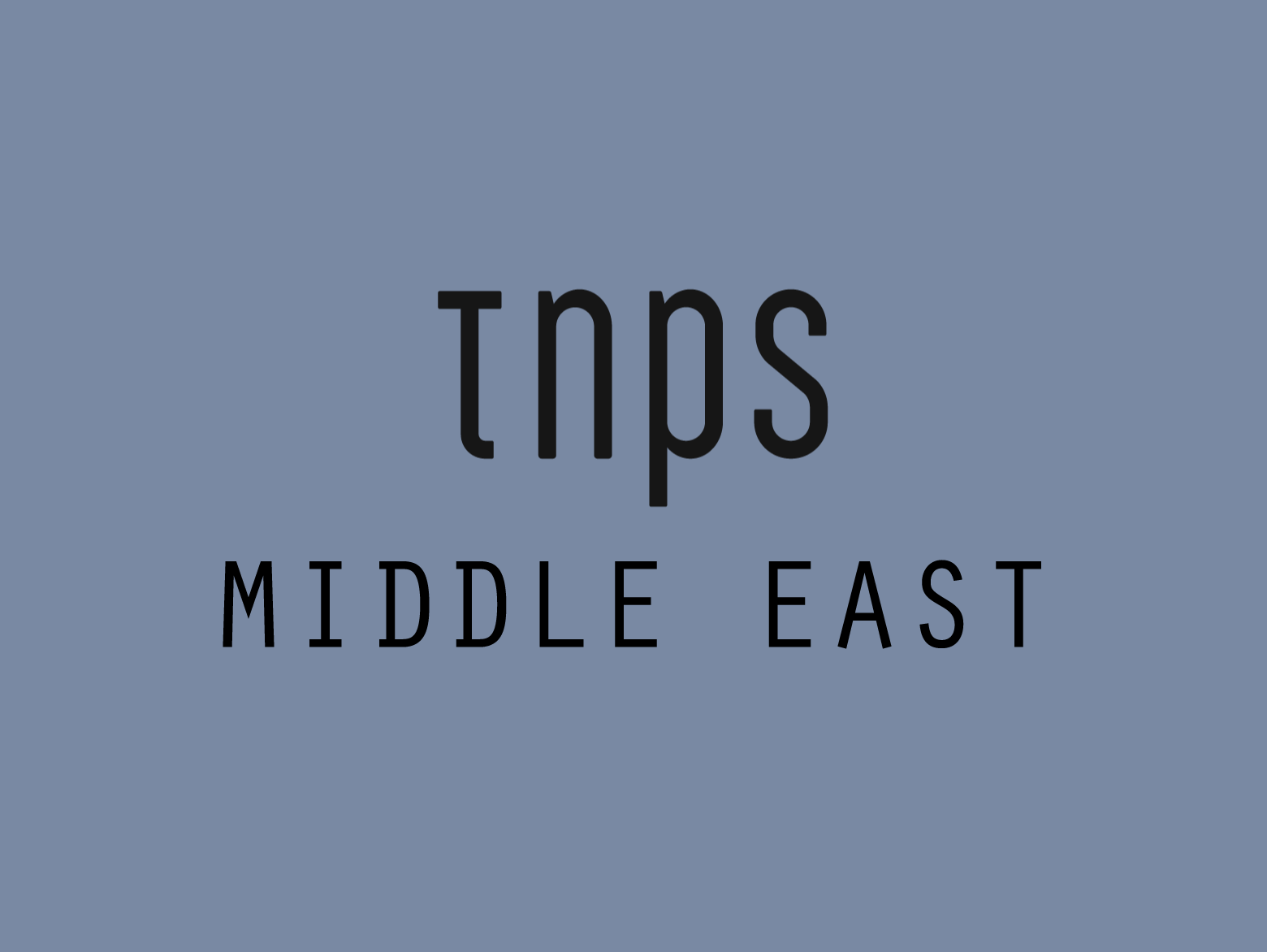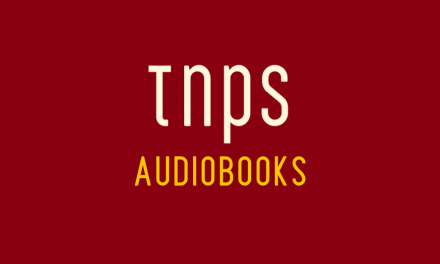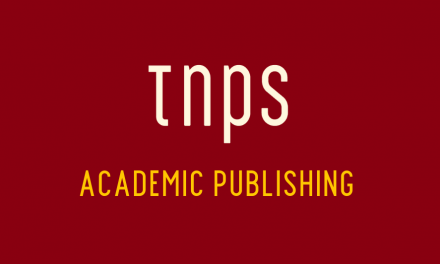No, AI narration will not put competent real-life narrators out of jobs any time soon, if ever. What it will do is open up audio to authors and publishers to reach new consumers with acceptable, if not superb, narration that will being in revenue from low-profile and backlist titles that would otherwise never make it to the audiobook platforms.
Per a report in Publishers Weekly yesterday, Google Play has now expanded its AI-narrated audiobook creation option to the US, UK, New Zealand, Australia, Canada and Spain.
Continuing internet connectivity means I’ve not been able to follow up with Google Play on this, and it’s not clear just what is new here – the beta option has been available for a good while now – but PW says “another big voice has entered the market”.
If the option has moved from beta to mainstream thats not clear.
But what matters is that, by offering 35+ narative voices in English and Spanish, the Google Play Books AI-narration option means publishers of all sizes have the chance to upload an ebook or epub file and use what, for now, are free tools to tweak an automated narration before publishing on Google Play and, all importantly, exporting the finished file to be sold elsewhere.
The Google Play Books AI Narration page carries a quote from respected industry heavyweight and former IPA President Richard Charkin of Mensch Publishing saying “The technology has supassed my expectations.”
Again quite what is new here is not clear, but the PW post at least gives me an excuse to bring up AI-narration options once more.
No, AI narration will not put competent real-life narrators out of jobs any time soon, if ever.
What it will do is open up audio to authors and publishers to reach new consumers with acceptable, if not superb, narration that will being in revenue from low-profile and backlist titles that would otherwise never make it to the audiobook platforms.
The single biggest drag on AI-narration development right now is not the technology – that’s already comfortably within acceptable limits, and can only get better – but the platforms themselves, which either discourage or outright disallow AI-narrated content.
Only when that changes will AI-narration become a conceivable threat to the status quo – and even then only a threat to the gatekeeper mentality that says only Big Publishers are fit to decide what booklovers may read or listen to.
As and when AI-narration becomes mainstream consumers will decide if it’s worthwhile.





